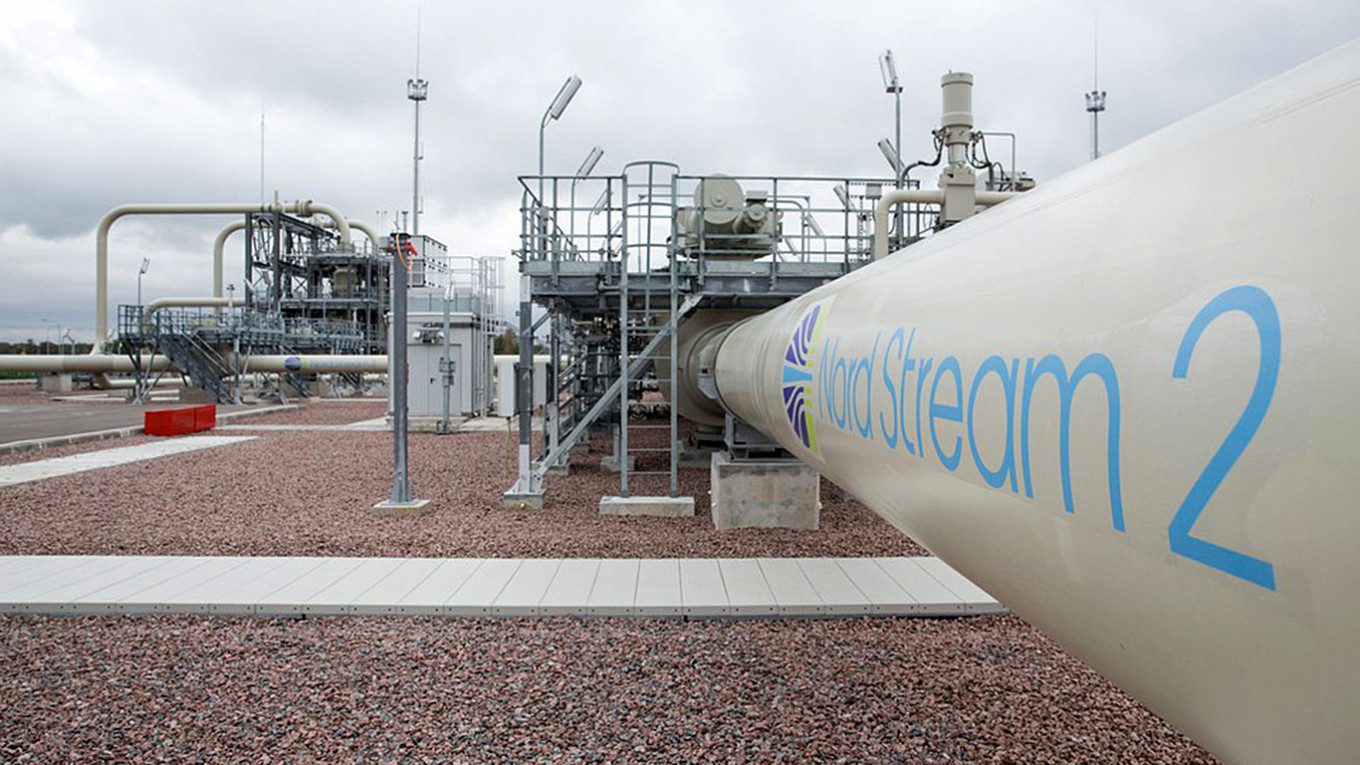
European countries are increasingly leaning towards including the Nord Stream 2 gas pipeline in sanctions against Russia in the case of any further military action against Ukraine.
German Foreign Minister Annalena Baerbock said during a debate in the Bundestag on January 27th that the government was preparing a sanctions package against Russia that included the Nord Stream 2 gas pipeline.
Politico also reports that both France and Austria, which is not a NATO member, are willing to sanction the Nord Stream 2 pipeline and Russian gas exports.
“We have made it clear that new military action against Ukraine will have massive consequences for Russia. On this basis, we are developing a strong sanctions package. In case of new aggression, our response will be wide, including Nord Stream 2,” Baerbock said, Ukrinform reports.
The construction of Nord Stream 2 was completed in September 2021. The pipeline runs under Baltic Sea directly from Russia to Germany, bypassing Ukraine. The German Federal Network Agency certification of the pipeline is still pending to allow it to operate.
Germany’s three-party coalition government has been divided on the pipeline, with supporters of the pipeline, including Chancellor Olaf Scholz of the Social Democratic Party emphasizing that the pipeline is a commercial project and shouldn’t be politicized, though last week Scholz appeared more open to considering sanctions on the pipeline in the event that Russia invades Ukraine. Baerbock and her fellow Greens have opposed the pipeline, but because many European countries, particularly Germany, rely heavily on Russian natural gas, they must proceed with caution. The Russian economy, in turn, depends on gas exports.
Baerbock said that continued dialogue with Russia is needed, but that European countries also had to make it clear that equal sovereignty of European countries and the continent’s long-standing peace arrangement are not up for discussion.
“Yes, we always want dialogue. Whoever talks, doesn’t shoot,” said Baerbock, the Frankfurter Allgemeine reported. But, Baerbock added, dealing with Russia, given the current situation, also requires a “hardness that makes it unmistakably clear: the cornerstones of the European peace order are non-negotiable.”
“We live in a time that is crucial to peace and security on our continent. A time when we must stand up for our values… and it is difficult not to see it as a threat when more than 100,000 troops with tanks and artillery are amassed near Ukraine for no good reason, and other troops have been deployed to Belarus,” the German foreign minister said.
She also reiterated that the Kremlin’s demands for so-called security guarantees that would limit NATO “run counter to the European security order.”
Russia has demanded that NATO retreat to its 1997 borders and not admit Ukraine into the alliance.
“The [German] federal government responded clearly and decisively, in close coordination with our partners in the EU, NATO, and G7,” the Frankfurter Allgemeine reported Baerbock said.
Baerbock also defended Germany’s decision not to export arms to Ukraine, even while it sent 5,000 helmets, a move that was ridiculed. She said the helmets had been sent at the request of Ukraine and that Germany didn’t want to “close doors to de-escalation that are opening so hesitantly again at this very moment,” referring to the recent ‘Normandy format’ talks among Russia, Ukraine, Germany, and France. She also said that Germany is helping train Ukraine’s military and repairing a bunker near Odessa.
She compared Europe’s coordination to a team.
“You don’t need eleven center-forwards in a team,” she said.
She noted that in dealing with the Russian threat, there are different roles for different countries. Progress in the negotiation process is currently “a priority for this federal government,” she explained.
